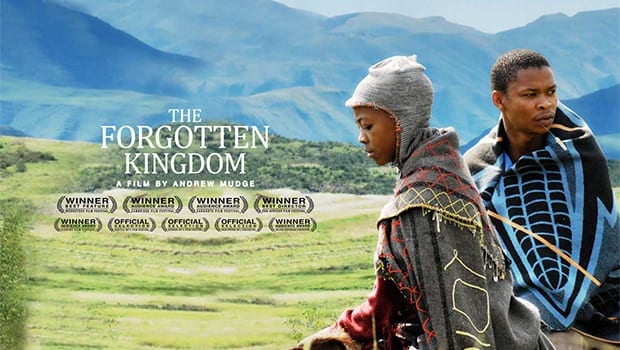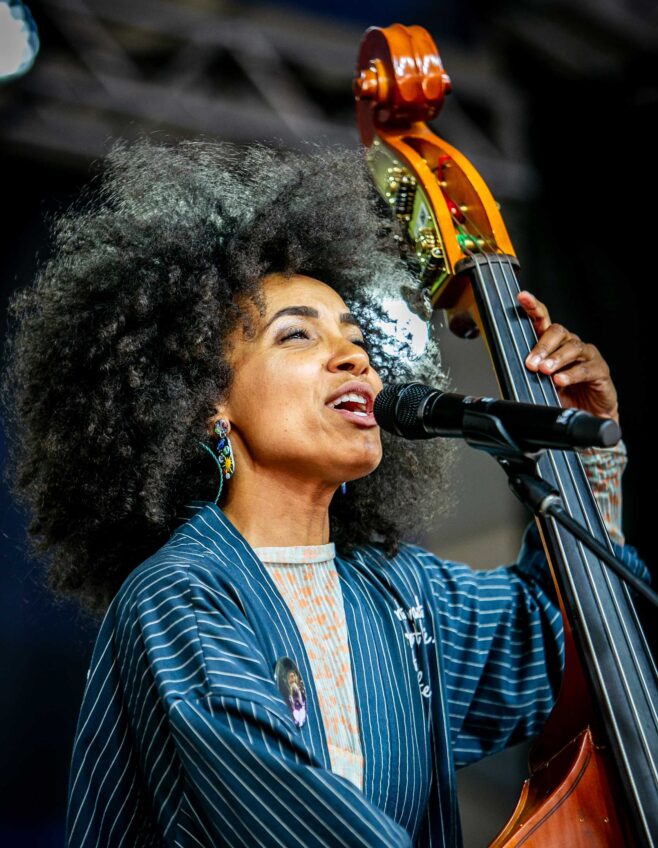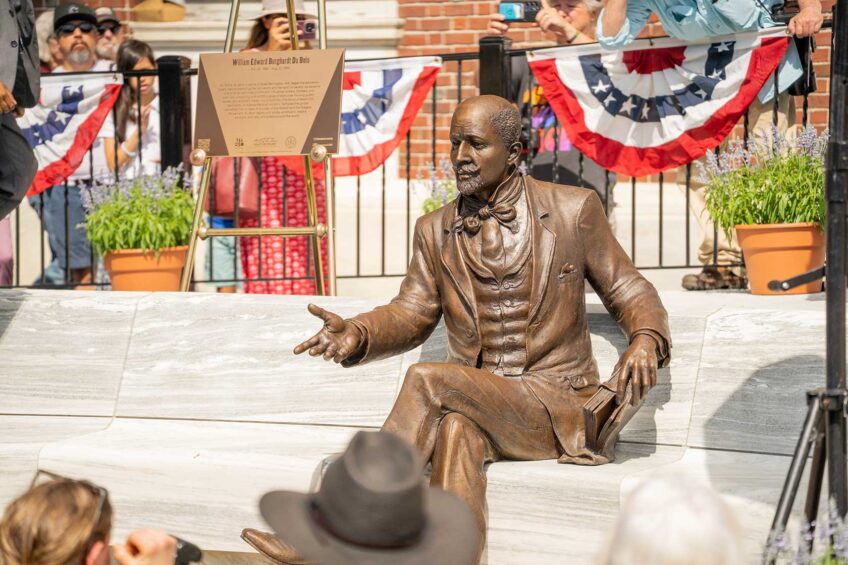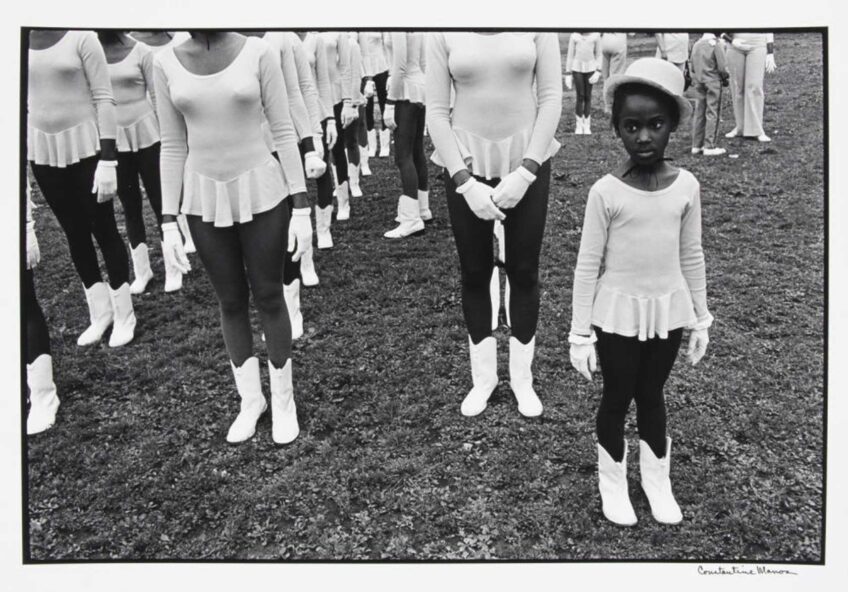
Playing this Sunday, Oct. 19 at the 4th Annual Arlington International Film Festival is the film The Forgotten Kingdom directed by Andrew Mudge of Lexington, Mass. The feature was shot all over Lesotho and in Johannesburg, South Africa from 2010 to 2011 using South African actors for the main roles.
“We ended up deciding to go with professional actors based in Johannesburg because we felt that they had a caliber of skill that we needed to carry the movie,” says director Andrew Mudge.
AIFF’s Jury Award winner for Best Narrative, The Forgotten Kingdom is about a young man named Atang Mokoenya (Zenzo Nggobe) who leaves the slums of Johannesburg to bury his estranged father in the remote, mountainous village of where he was born in his ancestral homeland of Lesotho. While there, Atang recalls the memories of his youth and falls in love with his childhood friend, Dineo, (Nozipho Nkelemba) now a school teacher. Guided by an orphan boy (newcomer Lebohang Ntsane) both literally and figuratively through the homeland he has forgotten, Atang faces his own past and a bittersweet future.
Director Andrew Mudge recently spoke with the Banner about the passion project.
What was it that made you want to tell this story?
Andrew Mudge: My brother was in the Peace Corps in Lesotho in 2001 to 2003. I went over there in 2002 to just visit and to tour. I really loved the country. It’s such a mystical country. I hadn’t ever heard of it, Lesotho, and this country inside of South Africa. It sort of reminded me of the American West in the old days. People travelling on horses sort of wrapped in blankets. It’s so not what you think of the people of Africa. This is a very different, unique branding of Africa. The scenery is stunning. The mountains are beautiful.
Is this story The Forgotten Kingdom based on someone?
AM: No, it’s not. What happened is I heard stories of men leaving Lesotho and all these countries all over southern Africa going to Johannesburg. It’s always been this kind of destination of men wanting to go work in the gold mines and bring home money to their families. What started happening in the ’90s is that it sort of became like ground zero for HIV/AIDS, the gold mines of Johannesburg and people were shipped home in boxes.
They died and families would send off their love ones and would basically come home for their own funerals. I thought that was interesting, and also in this part of Africa you have to be buried in the same place where you’re born. There’s something allegorical about that, sort of magical, and we don’t really have anything quite like that in our culture. I thought what a beautiful springboard for a story because you have an estranged father-son living in the big city of Johannesburg which is such an extreme from Lesotho. And the father dies and the son has to bring his body back to bury him in the homeland. I thought that’s a good story.
How was it filming outside the U.S.? What kind of support did you receive in filming in Africa?
AM: We didn’t receive any support from Lesotho or South Africa but we also didn’t get hassled. It was completely neutral. But, what was difficult was there isn’t any infrastructure in Lesotho, so a lot of the crew members had to be South African because there isn’t any training. It was a long shoot and we had a crew where we kept people away from home for a long time. Petrol and food is not cheap over there. I think the biggest challenge was trying to make a low-budget film where you have so much traveling around and so many different locations, which was my choice.
How have you changed in directing this film?
AM: I don’t have any kids and this feels like the equivalent to that. It’s this love-hate relationship. It’s a teenager now and I just want to get on with my life. I’m very tied to it and I’m very proud of it. It’s both inspired me tremendously and also left me a little bit cynical about the landscape of the independent film nowadays.
Why is that?
AM: I think it’s really hard. There’s so much noise out there and there are more films. What is happening now is that the attention spans of everyone out there are also competing with YouTube videos. In other words, if you’re going to unwind at night there’s a lot of things you could do to unwind. TV has had this incredible resurgence. There’s so much stuff out there and because of the digital age people don’t pay for our content like we’re used to, and therefore the filmmakers are hurt by that. It’s one of those things where you almost wouldn’t have done it if you didn’t know, but you’re glad you didn’t know.
What do you hope people take away from seeing this film at the festival?
AM: I think people will get out of it a sweet story that takes place in a land and a country that they don’t really know anything about. It’s sort of shining a light into a forgotten part of the world.
The Arlington International Film Festival runs from October 15–19. The Forgotten Kingdom plays on Sunday, October 19 at 4 p.m. at the Regent Theatre in Arlington. For tickets and information, visit www.AIFFest.org.






